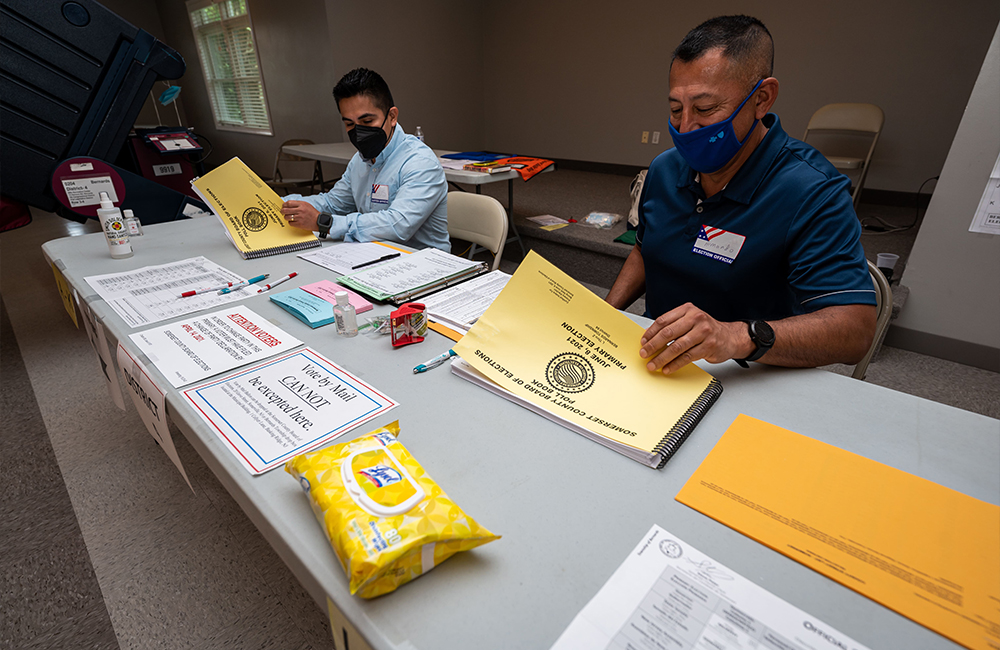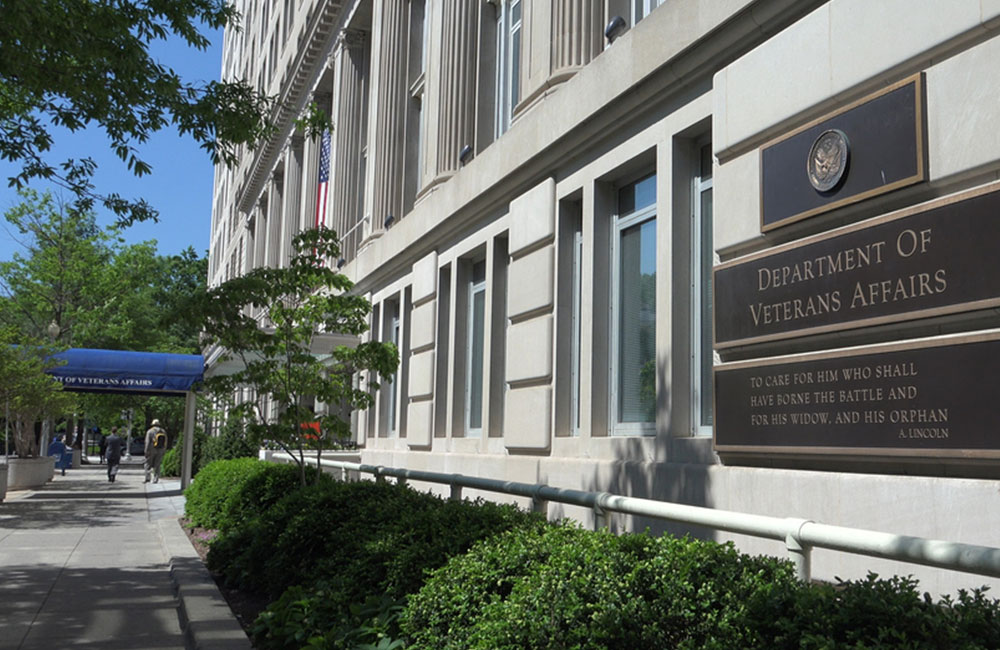CISA Warns About Cyberthreats Ahead of Midterm Elections
CISA is confident in the security and resiliency of election infrastructure, but concerns remain due to a complex threat environment.

The Cybersecurity and Infrastructure Security Agency (CISA) has not seen “specific or credible threats” to disrupt election infrastructure ahead of the 2022 midterm elections on Nov. 8. Still, concerns remain about online and in-person attempts to interfere with voting.
“It is a very complex threat environment,” CISA Director Jen Easterly told CBS. “You have cyber threats, you have insider threats, you have rampant disinformation. And yes, very worryingly, you have threats of harassment, intimidation and violence against election officials, polling places and voters.”
More than 20 million people have already cast their ballots in early voting that is underway in 46 states, the District of Columbia, American Samoa, Guam, Puerto Rico and the Virgin Islands. Over the last several years, CISA has been working across the federal government to ensure that state and local officials have the tools, resources and capabilities to conduct safe, secure and resilient elections.
“I am very confident we have done everything we can to make election infrastructure as secure and as resilient as possible, and we’ve been very clear there is no information, credible or specific, about efforts to disrupt or compromise that election infrastructure,” Easterly said during the Center for Strategic and International Studies’ Future of U.S. Cyber and Infrastructure Security event Tuesday.
While Easterly said this election will be secure and that voters should feel confident about the integrity of their state elections, she said there are still concerns across the board, including cyber threats and the spread of disinformation and misinformation that creates discord among the American public, undermines confidence and integrity in elections and incites violence against election officials.
To address the upcoming election’s challenges and concerns, CISA does several things, including informing voters about tactics used to spread disinformation and how to build resilience against misinformation and disinformation.
Easterly said one of the most important things CISA can do to ensure a safe and secure election is to elevate voices of state and local election officials who understand the complex nature of an election process and who are on the ground providing assistance and educating voters.
“We’re putting out information about tactics and disinformation and how to build resilience against disinformation. We have a rumor versus reality site that’s basically election literacy,” Easterly said. “But most importantly, we are amplifying the voices of local and state election officials. They are the trusted voices that understand how elections work. If anybody has questions about voting or how it all works, you should go to their local election officials.”
Easterly also encouraged voters to be critical about the sources they get their information from.
“If you see information that’s on the internet, you’re not sure whether it’s true, be critical about it, ask questions, look at the source, investigate it and don’t spread that information any more broadly and basically give foreign adversaries a chance to manipulate Americans and to sow discord and to create lack of confidence in our elections,” Easterly said.
This is a carousel with manually rotating slides. Use Next and Previous buttons to navigate or jump to a slide with the slide dots
-

Modernizing Critical Infrastructure in the Face of Global Threats
Officials are expanding the latest strategies in boosting defense infrastructure, including securing satellite communications, upgrading enterprise-wide technology, optimizing data management.
20m watch -

DOD Accelerates Software Modernization with Agile DevSecOps Push
The Pentagon's software implementation plan tackles cultural hurdles and integrates security early to deliver critical capabilities faster.
6m read -

VA's Platform One Powers Rapid Innovation to Bolster Digital Services
VA's Platform One accelerates software development timelines from weeks to hours, ultimately enhancing digital services for veterans.
5m read -

The Next AI Wave Requires Stronger Cyber Defenses, Data Management
IT officials warn of new vulnerabilities posed by AI as agencies continue to leverage the tech to boost operational efficiency.
5m read -

Federal CIOs Push for ROI-Focused Modernization to Advance Mission Goals
CIOs focus on return on investment, data governance and application modernization to drive mission outcomes as agencies adopt new tech tools.
4m read -

DOD Can No Longer Assume Superiority in Digital Warfare, Officials Warn
The DOD must make concerted efforts to address cyber vulnerabilities to maintain the tactical edge, military leaders said at HammerCon 2025.
4m read -

Tracking CIOs in Trump's Second Term
Stay informed on the latest shifts in federal technology leadership as new CIOs are appointed and President Trump's second term takes shape.
6m read -

Inside Oak Ridge National Lab’s Pioneer Approach to AI
Energy Department’s Oak Ridge National Lab transforms AI vulnerabilities into strategic opportunities for national defense.
22m listen -

AWS Summit: Innovation Accelerates IT Delivery at DOD
Marine Corps Community Services is tackling outdated IT processes with agile development and cutting-edge cloud security to deliver mission-critical capabilities faster.
12m watch -

AWS Summit: NIST Secures High-Performance Computing Against Evolving Threats
NIST’s Yang Guo reveals the broad attack surface of high-performance computing and explains developing guidance and future-proofing security strategies.
9m watch -

Trump Overhauls Federal Cybersecurity with New Executive Order
The new directive aims to strengthen digital defenses while rolling back "burdensome" software requirements and refocusing AI security.
3m read -

AWS Summit: Forging Successful Cloud Modernization Partnerships
Industry leaders share insights on the critical role industry partnerships have in enabling government agencies to navigate procurement challenges for cloud and zero trust solutions.
24m watch Partner Content




